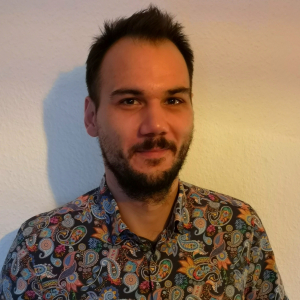Completed PhD project
The project aimed to analyze the relations between the German Federal Republic (FRG) and the former „model colony“ Togo after 1945 and thus attempted to provide a contribution to the German colonial history, embedded in a global historical framework. In particular, concerning postcolonial developments after 1960 and relatedly, the changing processes of cooperation and confrontation, the genesis of German-Togo relations was to be classified in the context of the intra-German relations and furthermore embedded in the overall, global framework of the Cold War and the European postwar integration.
Togo´s past as a German, British and French colony shoud be examined for their relevance for later German-Togo relations. The development trajectories and forms of postcolonial „Afrikapolitik“ in the FRG and German Democratic Republic (GDR) are to be uncovered in their significance for Togo. Vice versa, the German engagement in Togo was analyzed from the point of view of the Togolese actors and agents, as well as the conclusions that can be drawn in regard to their overall acceptance. The activities of the West German governments and companies were the analytical basis of the project, but the contacts and attempts at contact of GDR officials to Togolese actors were examined accordingly. Thus, the West German, East German and Togolese governments represent the actors, whose convergent and divergent interests are to be investigated closely. The focus relied on economic policy, social and ideological aspects, as well as continuity lines and changes.

